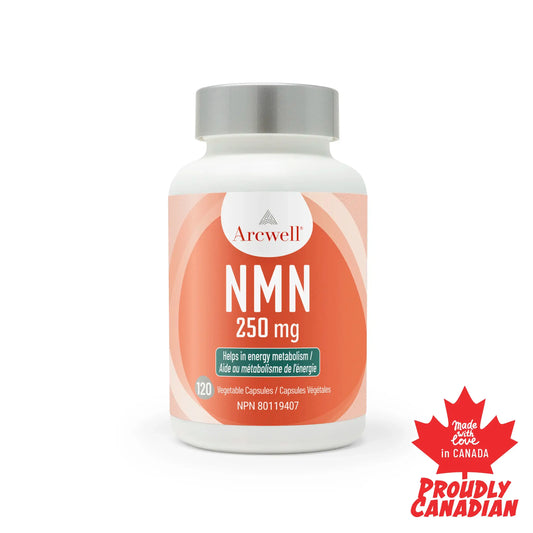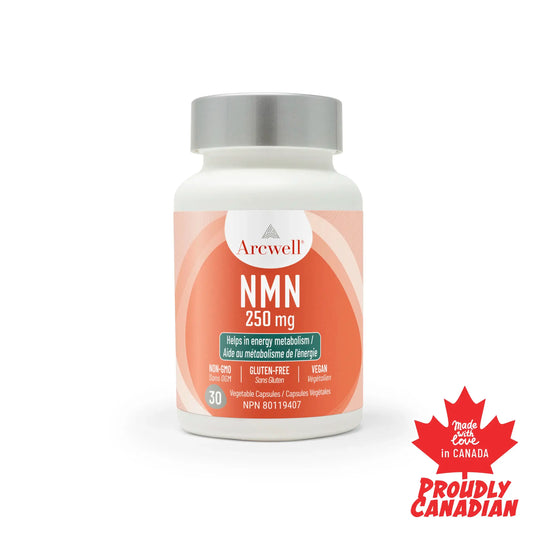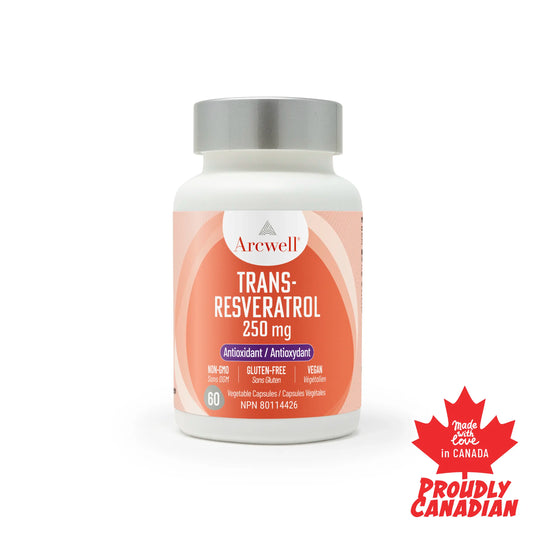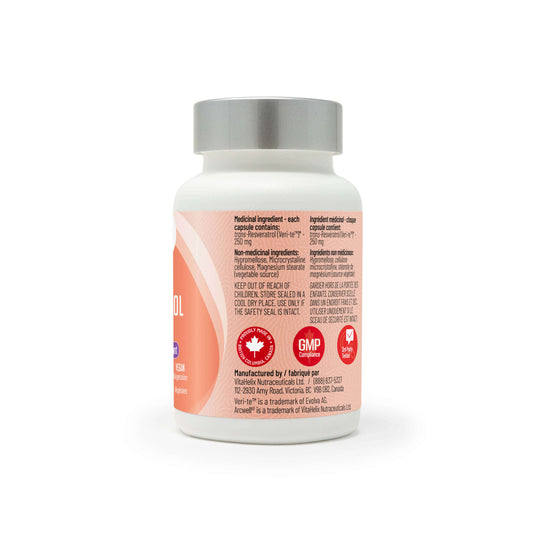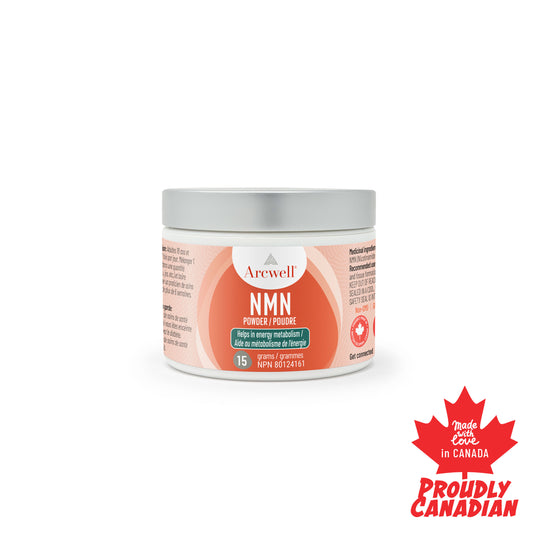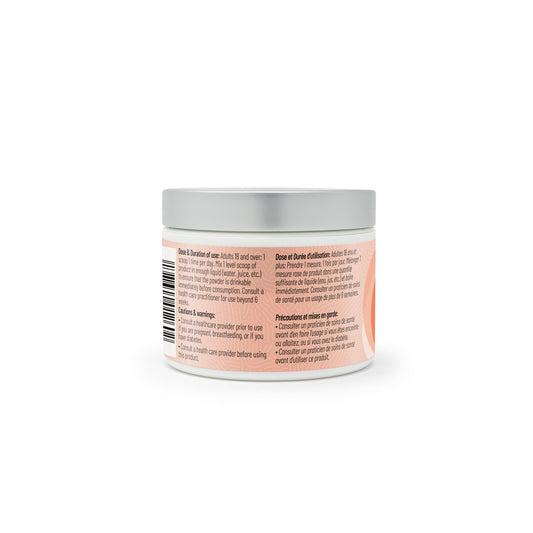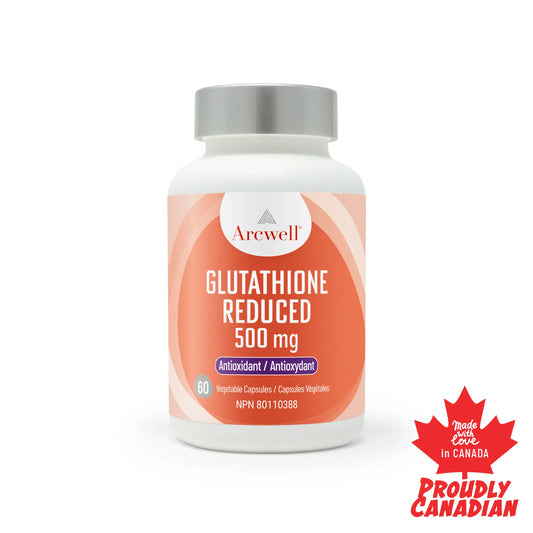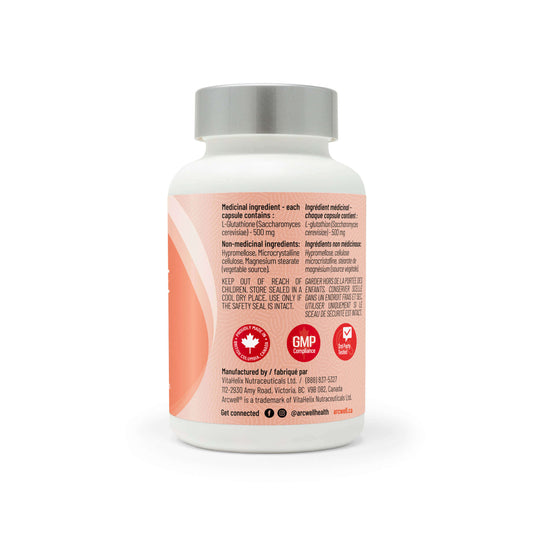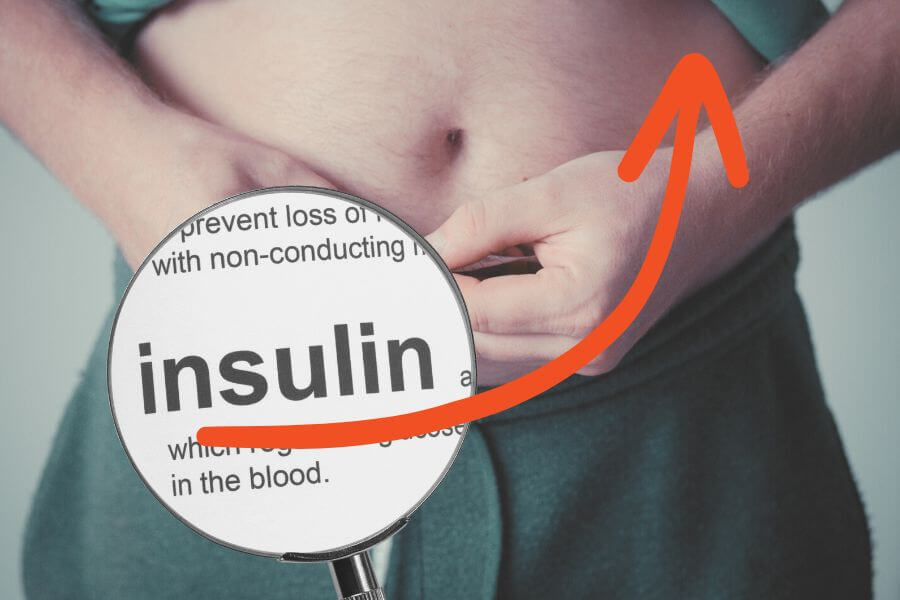
Improving Insulin Sensitivity: Diabetes and Beyond
Share
We here share with you a new clinical trial on a dietary supplement that can help improve insulin sensitivity in obese males WITH and WITHOUT type 2 diabetes.
What’s insulin sensitivity?
Insulin, a very important hormone produced by your pancreas, is capable of controlling many biological functions in your body such as the amount of glucose in your bloodstream, which helps to store glucose in your liver, fat, and muscle cells. Insulin regulates your body's metabolism of carbohydrates, fats, and proteins. This fundamental regulation can be disrupted if your cells decrease the ability to identify and uptake insulin into the cells. This cellular sensing decline is referred to as insulin sensitivity, in opposition to that, the cellular sensing improvement is referred to as insulin sensitivity. Insulin resistance can be a silent progressive condition, and when prolonged it will lead to type 2 diabetes. Over time, type 2 diabetes will lead to a higher level of blood sugar and eventually, this chronic condition will cause disorders of the circulatory, nervous and immune systems.
To prevent Insulin resistance, therefore, type 2 diabetes, heart disease, stroke, and have a long and healthy life, we need to be as insulin sensitive as possible.
There are many interventions to your life that you can do and take control over your insulin levels such as cutting all the sugar and processed foods from your diet, exercising more frequently, having a consistent sleep time, restricting calories, and having some fasting regimen. According to research, prolonged water Fasting for 7 days is a very powerful tool that can greatly improve insulin sensitivity and even reverse type 2 diabetes. Even though I have adopted fasting to my lifestyle for quite a long time, I have to admit, fasting can be very challenging until you get used to it.
So, other than all those interventions I just mentioned, is there an easy way to improve your insulin sensitivity by just taking a supplement? The answer is YES and the supplement is L-Glutathione. Here is the evidence.
A randomized human clinical trial I’m about to share with you was published in the Journal of “Applied Physiology, Nutrition, and Metabolism” in 2021. The effect of oral glutathione supplementation was studied in obese participants with and without type 2 diabetes on measures of glucose homeostatsis and markers of oxadative stress.
The authors tried to figure out:
[1] if it is possible to improve whole-body insulin sensitivity by using glutathione orally;
[2] if there is association between the oxidative stress and insulin resistance in T2D and obese participants as reported previously, and if so, can glutathione help reduce it?
With this goal in mind, 20 participants (10 with type 2 diabetes and 10 obese) were recruited for the study, and randomized in a double-blinded placebo-controlled manner to consume either 1000mg of GSH per day or placebo for three weeks. Before and after the 3 weeks, insulin sensitivity was measured with the euglycemic clamp. The muscle biopsy was obtained to measure GSH level and skeletal muscle mitochondrial hydrogen peroxide emission rate, which gives insights on oxidative stress levels in cell mitochondria. Also, by assessing biomarkers of oxidative damage 8-oxodG from DNA and 8-oxoGuo from RNA from the urine samples provides insights on the whole-body oxidative stress.
Here are three important findings:
-
Whole-body insulin sensitivity increased significantly (~12%) in GSH group. As seen in Fig 1A, after the GSH supplementation, glucose infusion rate (GIR) normalized to kg body weight (BW) was significantly increased by ~12%, whereas it tended to decrease in the placebo group by ~8%. This result is very promising compared to a previous study done in 2018 that the insulin sensitivity was improved ONLY by 10% after 6-week high-intensity interval training.

-
Skeletal muscle GSH was numerically increased by 19% in the GSH group even though this change did NOT reach statistical significance. In addition, no changes were observed in glutathione disulfide (GSSG) and glutathione (GSH) to glutathione disulfide (GSSG) ratio as shown in Figure 2A to C.

Also, no differences were observed in whole blood GSH or the GSH/GSSG ratio between the two groups as shown in Fig. 2 D and F. What does that mean? That means no detectable interaction between glutathione and whole-body oxidative stress was observed.
-
GSH supplementation did NOT change Skeletal Muscle Mitochondrial Hydrogen peroxide capacity nor whole-body oxidative stress level. As you can see in Fig 3 A and B, the GSH supplementation did not affect the maximal hydrogen peroxide emission capacity, maximal hydrogen peroxide emission normalized to O2flux (JO2). WHat does that MEAN? That means no detectable interaction between glutathione and oxidative stress from the mitochondria was observed. And by assessing bio-markers of oxidative stress as seen in Fig 4 A and B, 8-oxoGuo remained unchanged whereas 8-oxodG decreased due to the effect of time. Different from the reported mice studies and hypothesis from the authors, the association between improvement of whole-body insulin sensitivity and level of oxidative stress and the mechanism behind the observed improved insulin sensitivity remained unknown.


To sum up
- This study has shown for the first time that an insulin-sensitizing effect of oral GSH supplementation in humans, also proving the potential use of oral GSH in people with insulin resistance with and without T2D.
- 12% whole-body insulin sensitivity improvement was achieved after 3-week oral GSH supplementation in obese and inactive people with or without type II diabetes. This result is better than 6-week of HIIT high intensity interval training that showed improvement of 10% in whole body insulin sensitivity published in 2018, in the journal Acta physiologica.
- It seems to be safe to take orally 1000 mg of GSH per day for three weeks since no main effect or interaction for aspartate amino transaminase, high-sensitive C-reactive protein, or Gamma-glutamyl transferase and alanine amino transaminase were observed after 3-week of Glutathione supplementation.
However, there were 3 participants that reported adverse events such as dryness in the mucous membranes in the first couple of days, itchy skin, and flu-like symptoms.
Reference:
https://pubmed.ncbi.nlm.nih.gov/33740389/




